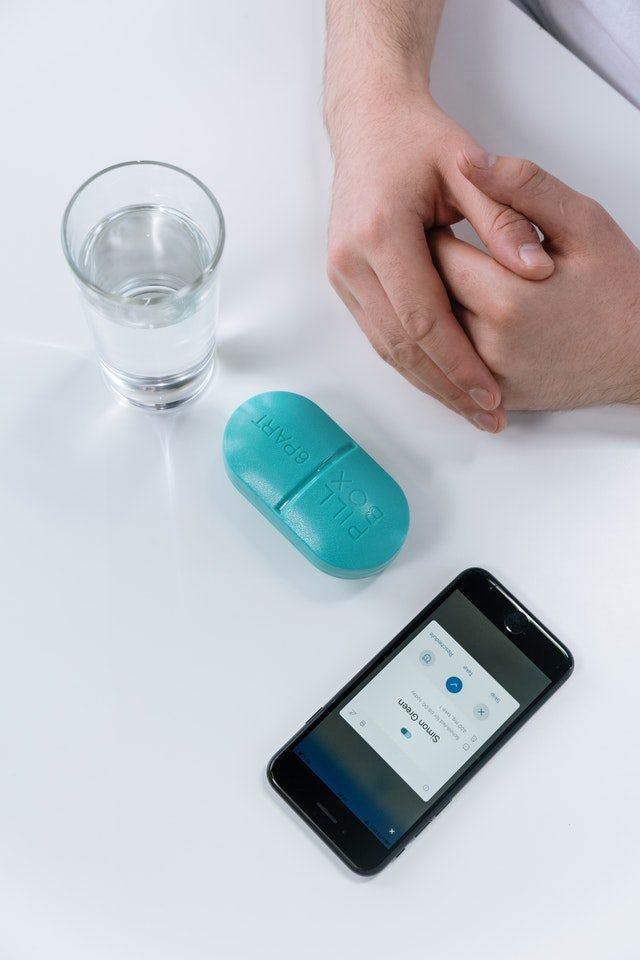Last Updated on February 9, 2025 by Bisma Sehar
Applications are increasingly seeing use in the healthcare field. The ubiquity of mobile computational devices means that every person carries with them a potentially very powerful medical tool. In a world where healthcare organizations are extremely short of staff, applications can take some of the strain. Apps also allow patients to care for themselves and seek treatment more efficiently. Here are some of the most useful kinds of healthcare applications.
Table of Contents
Glucose Monitoring
Regular blood sugar testing is an essential part of diabetes care. People with diabetes test their blood to ensure that it falls within healthy levels: ingesting sugar or injecting insulin to balance it out when it is high or low. Blood glucose records are incredibly useful for patients and medical professionals, as they allow for the identification of patterns and the development of care regimes. In the past, people with diabetes had to write down all of their test results in a diary, which a doctor would then analyze. A modern glucometer with in-app support, however, stores all test results and allows for easy analysis. The best glucose monitoring apps allow for the analytical visualization of results in a graph format.
Remote Patient Monitoring
Almost all doctor’s surgeries now use some kind of Remote Patient Monitoring (RPM) application in order to communicate with clients. The best Remote Patient Monitoring applications allow patients to book appointments, report symptoms, order prescriptions, and much more. The most advanced RPM apps allow customers to report their symptoms continuously so that medical staff can build up a picture of their recovery. They also allow medical staff to contact patients directly through their mobile devices. RPM apps drastically reduce the administrative complications that are rife in healthcare organizations. They allow staff to spend less time on the phone with patients and more time making sure that their organization is running smoothly.
Mental Health
There is no real substitute for seeing a real medical professional in times of mental health crisis. Some applications, however, have been developed specifically to help people with poor mental health. Applications designed to stop people from relapsing into self-harm can be useful in keeping a patient safe until they are able to seek medical treatment. Apps like Calm Harm use techniques based on Dialectical Behavior Therapy to help people to distract or express themselves during a crisis.
For less critical mental health issues, apps that offer a patient to councilor communication are now becoming common. These allow people to chat online with qualified professionals. There has been some controversy surrounding the way in which these apps use patient data. Better Help is one of the mental health apps that has come under fire for data misuse.
Diagnostics
The more data a doctor has at their fingertips, the more likely they are to efficiently and correctly make a diagnosis. Diagnostic apps allow doctors to input symptomatic data, which is then compared to a huge database. This kind of application is gaining popularity and may well save lives in the very near future.
Read More: Baby Skin Care- Simple Tips to keep your Baby’s Skin Healthy.
















